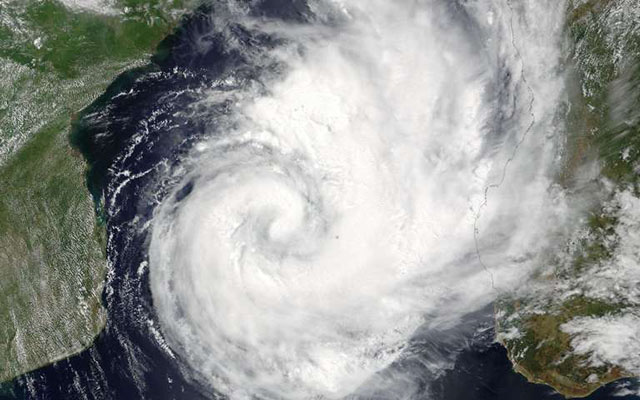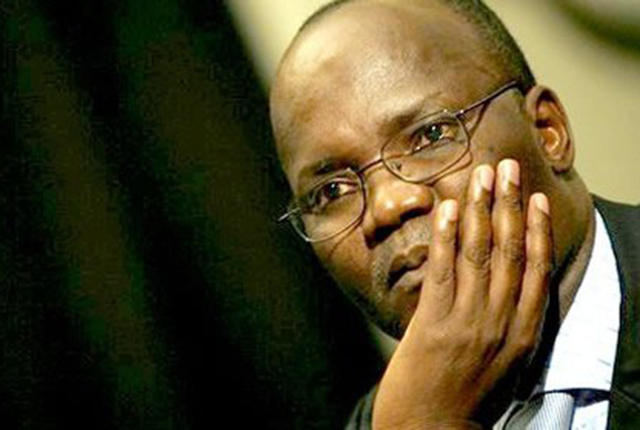Editorial Comment – ‘Cyclone’ Dineo: Let’s all play our roles

WE commend the steps taken by the Civil Protection Unit in conjunction with the Meteorological Services Department to inform the nation about a likely national disaster emanating from tropical Cyclone Dineo.
Apart from informing the citizenry, the CPU has ensured that Government personnel and other stakeholders are dispatched to areas that are in the eye of the storm.
Such swift action is laudable, and we would want to believe that people are heeding the calls from the CPU and the MSD — everyone, since cyclones are no ordinary occurrence.
We also commend the media and telecommunication companies for continually sending alerts about the cyclone to readers and subscribers, for disaster preparedness and response should not be left to Government alone.
It is everyone’s business to be involved, in order to minimise the loss of property and life.
Although the CPU has identified halls and classrooms where families affected by floods could be moved to, we hope that more non-governmental organisations will also rise to the occasion and lend assistance, for a stitch in time saves nine.
We understand that so far, Care International and the Red Cross have responded to requests from the CPU, by providing tents and food.
Media reports are showing the trail of destruction as the cyclone pummelled two Mozambican coastal provinces, where five people were reportedly killed.
There are also damaged homes and schools, bridges, uprooted trees, stranded animals and flooding with thousands of people having been relocated. Reports also said some areas in Mozambique had received an estimated 200 mm of rainfall in less than 24 hours.
Weather forecasters continue to give warnings about the cyclone not only in Mozambique, but Zimbabwe and South Africa.
At the time of going to print, unconfirmed reports said places like Chipinge in Manicaland Province, and Beitbridge in Matabeleland South Province were already receiving above normal rainfall.
This is why we hope that the mitigating measures put in place by the CPU will go a long way towards assisting anyone who might be affected.
We also hope that the information will reach all citizens and that they will act quickly, especially when they are advised to move to higher ground.
The CPU has had situations of people in flood prone areas refusing to relocate, just because they can’t leave the graves of their loved ones. The police are also on record calling on people to desist from crossing flooded rivers.
Although people might feel very strongly about their cultural belief systems, this makes it difficult for the CPU to come up with long-lasting solutions that will help victims of mother-nature’s anger.
This calls for continuous education, using all available means, so that people appreciate that whatever is being done by Government and its partners in the NGO community is for the common good. This should be life-long education, so that resources can be channelled towards improving disaster preparedness mechanisms.
Let us also bear in mind that the economic challenges have over the years seen the erosion of infrastructures such as roads, most of which are non-usable by motor vehicles.
Masvingo provincial administrator Mr Fungai Mbetsa painted that grim picture when he said: “We have a situation where, right now, some people from Chiredzi South cannot access northern parts of the district because of a low-lying bridge (Chilonga Bridge along Runde River) that is easily submerged in water after heavy rains.”
These heavy rains bring another challenge — accessing clean water and food, and ensuring health and safety.
In the past, we have seen the Zimbabwe Defence Forces responding to such challenges, in some cases using helicopters to move marooned people.
If push comes to shove, we hope that they undertake this social responsibility, so that lives are saved.










Comments